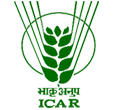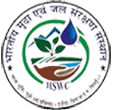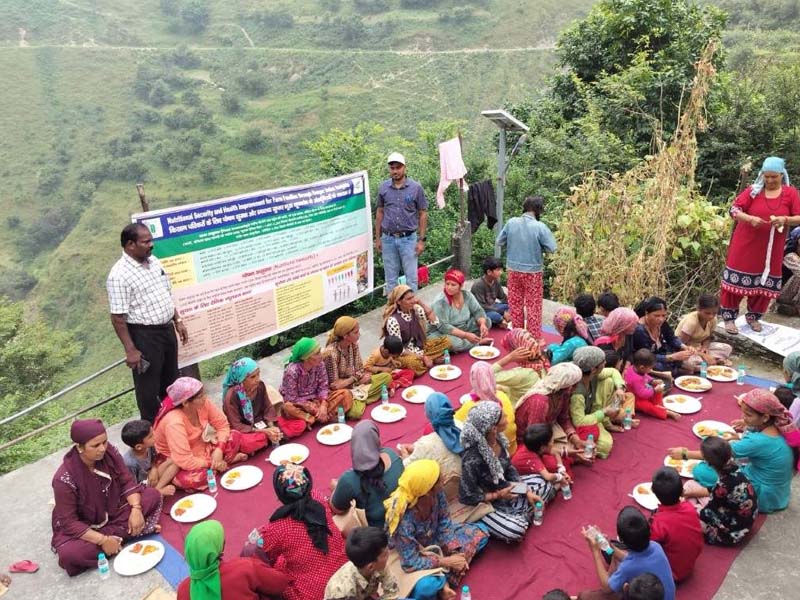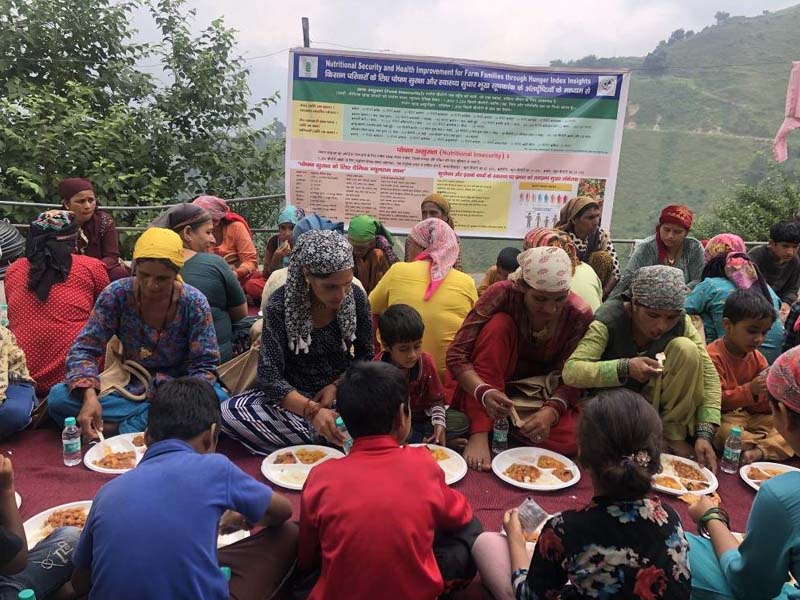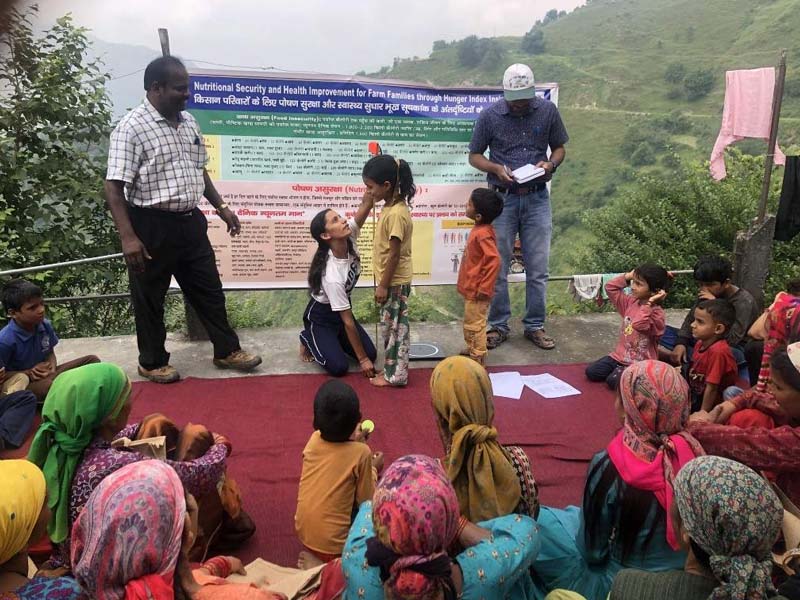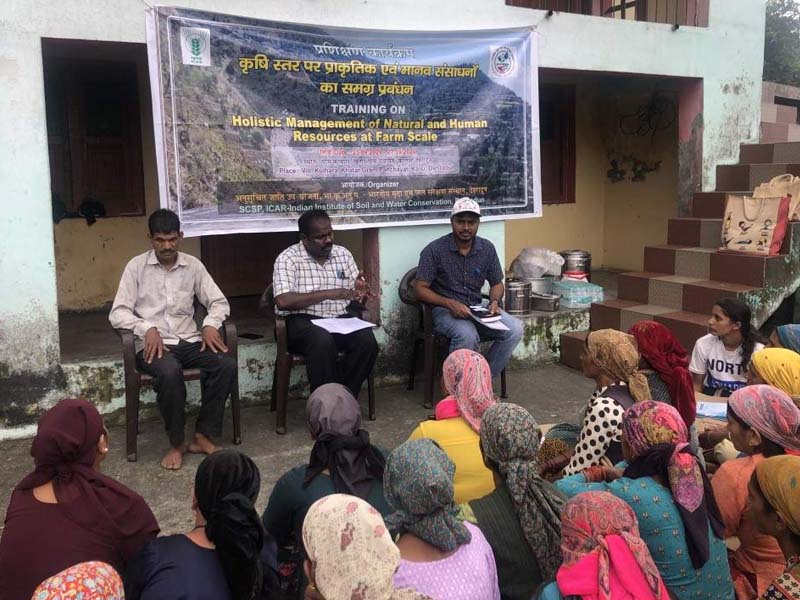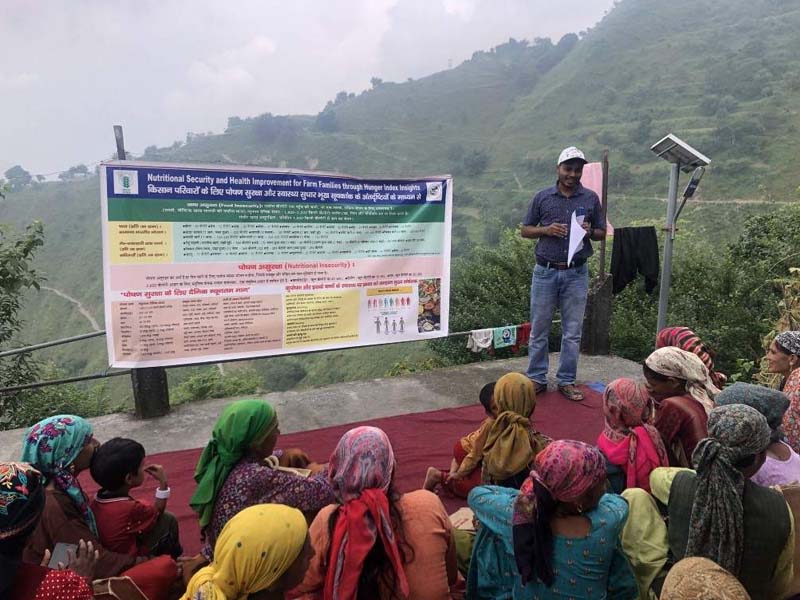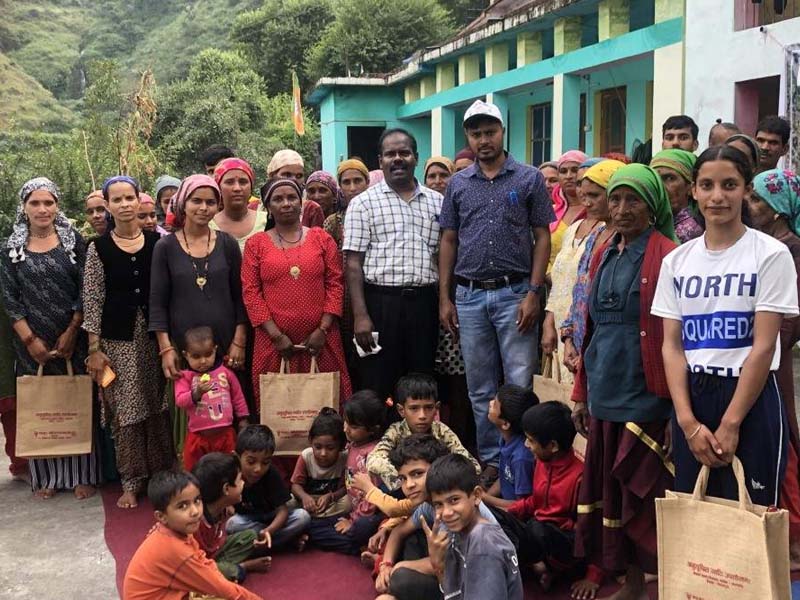ICAR-Indian Institute of Soil and Water Conservation, Dehradun organized a field training programme on Nutritional Security and Agriculture Family Health at Khatar Village on 25 September 2024
ICAR-Indian Institute of Soil and Water Conservation (IISWC) , Dehradun organized a field training programme on “Nutritional Security and Agriculture Family Health” at Khatar Village on 25 September 2024. The training aligns with the Global Development Goals (GDGs) 2.0, which aim to improve food security and nutrition outcomes. Dr. M. Muruganandam, Head and Principal Scientist, PME & KM Unit, IISWC, emphasized the importance of diverse food intake for maintaining proper physiological function and health. He highlighted the need for diversifying crop production and monitored intake of different foods to achieve balanced nutrition and food security. Dr. Muruganandam also underlined the important role of women in maintaining family health and explained that dietary choices impact the health, prosperity and economic stability of households and villages and contribute to rural and national development.
He also spoke about the nutritional benefits of fish , which is rich in essential nutrients such as protein, omega -3 fatty acids , calcium and phosphorus. Dr. Sadiqul Islam, scientist, IISWC, explained the four major parameters of the Global Hunger Index (GHI) - under nutrition, wasting in children , stunting and child mortality , which are important for rural health. He said that all these factors especially affect women and children. Dr. Islam discussed in detail through a poster on hidden hunger , under nutrition and food-related health problems such as stunting , wasting and imbalanced BMI. During the training , an intake of 1,800–2,200 kcal per day was recommended , depending on age and workload. Women farmers and children were advised to adopt a balanced diet consisting of 45–65% carbohydrates , 10–35% protein , and 20–35% fat, based on a daily diet of 2,000 calories .
Information on the calorie and nutritional values of different foods was shared to promote healthy dietary choices at the family level. Data on participants’ height, weight , age, and daily food intake were also collected for the purpose of providing personalized dietary advice for health improvement at the village level. A sample healthy meal was also provided to all participants. This training programme was part of a five-day training cum demonstration programme focused on holistic management of natural and human resources at farm level from 23rd to 27th September 2024. The programme was organised under the Scheduled Caste Sub-Plan (SCSP) and aimed to empower farm households with practical strategies to address nutritional challenges in line with the goals of rural health, nutrition , sustainable agriculture and GDG 2.0. The training was coordinated by the team of Dr. Trisha Roy , Dr. Indu Rawat , Dr. Deepak Singh , Dr. Anupam Bard , Dr. Devidin Yadav and Dr. Sadiqul Islam led by Dr. M. Madhu, Director at IISWC Headquarters Dehradun and Dr. Muruganandam, SCSP & TSP Coordinator. Around 55 women farmers and children benefited from the program and at the end the participants appreciated the training material and efforts of the Institute.
